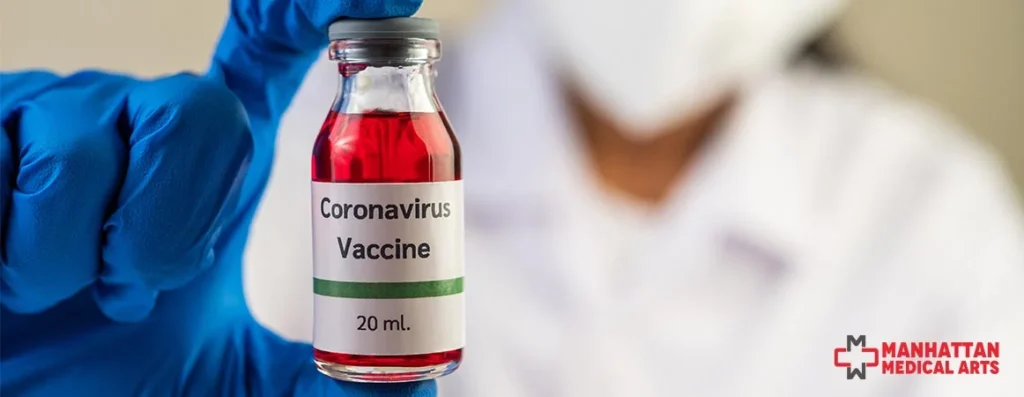If a person had suffered from COVID-19, does he need to get himself vaccinated?
Indeed. Individuals should be vaccinated irrespective as to whether they have been already infected by COVID-19, because of the significant dangers that come with COVID-19 as well as the fact that reactivation of COVID-19 is likely. You can wait three months before getting the COVID-19 vaccination if you have been treated for COVID-19 diagnoses with monoclonal antibodies or convalescent plasma. Whether you are uncertain about what medications you have undergone or if you have further concerns about getting vaccinated for COVID-19, speak to your doctor.
Is COVID-19 Vaccination Safe?
For ensuring that these vaccines are as safe and secure as possible, all the COVID-19 vaccinations to be used have gone through comprehensive trials. There are measures in place throughout the whole world that allow tracking vaccination security problems.
Emergency Usage Authorizations for COVID-19 vaccinations have been issued by the U.S. Food and Drug Administration (FDA), which have also been shown to follow stringent safety requirements and to be reliable as defined by producer analysis and information from preclinical trials.
Will COVID-19 vaccination make me sick?
After being vaccinated, most individuals do not have serious symptoms, and the vaccinations themselves would not cause you to get COVID-19. Before the launch of the COVID-19 vaccination, we learned about the mild side effects of the COVID-19 vaccine. After you get your COVID-19 vaccination, your arm might, however, can be sore, bruised, or tender to the touch. Commonly these signs fade away, in under a week on their own. When having the shot, some participants experience a headache or temperature. Such side effects are an indicator that precisely what it is intended to do by vaccine is achieved by the immune system. Building a defense system against COVID-19.
Can I avoid wearing masks once I have been vaccinated with a second dose of the vaccination?
While we understand more about the safety offered by COVID-19 shots under real-life circumstances, we need to continue to use whatever resources available to help stop the spread of this virus, such as wearing a mask, repeatedly washing our mouth and nose, washing our hands regularly and keeping the distance of at least 6 feet from others.
What proportion of people needs to be vaccinated against COVID-19 to achieve Herd Immunity?
In terms of achieving herd immunity, researchers do not exactly know what number of people will need to be vaccinated. However, what researchers do know and are emphasizing is the significance of getting yourself vaccinated against the pandemic to ensure the safety of a maximum number of people.
Will the vaccination make me immune to, or perhaps just decrease the impacts of, COVID-19?
Through drug development and testing, COVID-19 vaccinations are examined thoroughly and are only licensed and approved by the FDA because they end up making it drastically less likely if would get COVID-19.
Professionals say that receiving a vaccine against COVID-19 will help prevent people from getting ill, even if you are attacked by the COVID-19 Virus.
Getting vaccinated could therefore protect individuals around you, from the risk of having COVID-19. Call or schedule an appointment with Manhattan Medical Arts today to get vaccinated for the
– Disclaimer –
This blog is for informational & educational purposes only, and does not intend to substitute any professional medical advice or consultation. For any health related concerns, please consult with your physician, or call 911.
Last reviewed by Dr. Syra Hanif, M.D. on 02/15/2021
Learn more about our editorial process.
-
About The Author
Dr. Syra Hanif M.D.Board Certified Primary Care Physician
Dr. Syra Hanif is a board-certified Primary Care Physician (PCP) dedicated to providing compassionate, patient-centered healthcare.
Read More


